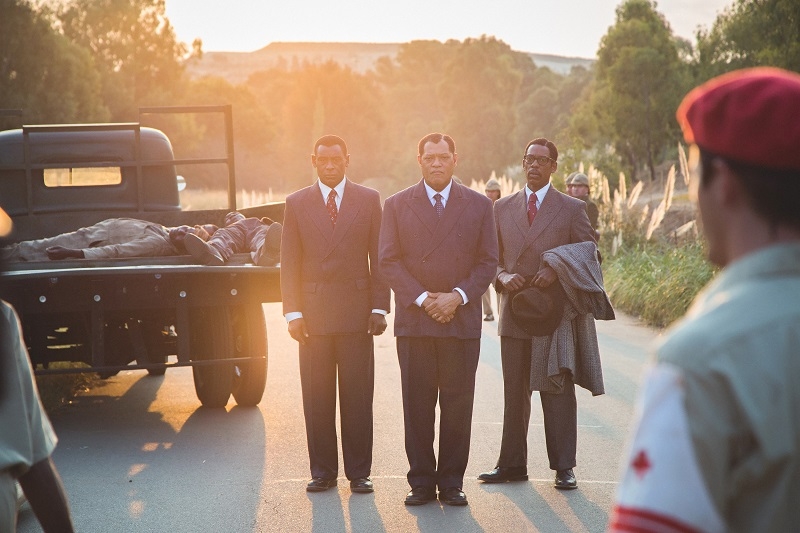 There have been many films and documentaries about Anti-Apartheid leader and South African President Nelson Mandela’s expansive life. However with BET’s EPIC three-part miniseries, “Madiba,” viewers will finally get a comprehensive and personal story of the man who became a legend.
There have been many films and documentaries about Anti-Apartheid leader and South African President Nelson Mandela’s expansive life. However with BET’s EPIC three-part miniseries, “Madiba,” viewers will finally get a comprehensive and personal story of the man who became a legend.
Starring Emmy Award-winning and Oscar-nominated actor, Laurence Fishburne as Nelson Mandela and Orlando Jones as African National Congress leader and lawyer, Oliver Tambo, “Madiba” is being helmed by Kevin Hooks who is the first African-American director to take on Mandela’s life and legacy. Told over the course of three nights, this six-hour long miniseries, will follow Nelson Mandela’s story from his humble beginnings as a young rural boy to his election as the first Black President of South Africa. The mini-series will also pay homage to the many lesser known men and women who sacrificed and suffered alongside him in their quest for freedom.
Recently, I sat down to chat with director Kevin Hooks and actor Orlando Jones to discuss the expansive project, what they learned from Mandela’s journey and what we can all take away from his legacy.
Aramide Tinubu: Hi Mr. Jones how are you?
Orlando Jones: I’m really good, how are you?
AT: I’m fantastic thanks!
OJ: You know what? I think I am also fantastic; we share that. (Laughing)
AT: (Laughing) Great! Hi Mr. Hooks.
Kevin Hooks: Hi Aramide.
AT: Mr. Hooks, what drew you to this project? You’ve had such a long career in film so what made you decide you wanted to take on Nelson Mandela’s story? Was it a passion project for you?
KH: Well listen, I wish that I could say that it was a passion project of mine. I’ve always idolized Nelson Mandela since I became aware of him in the mid-1970’s when the United States really started to be much more vocal about the Anti-Apartheid Movement. So, I’ve always been a big fan, but the reality of it is that the project came to me. Lance Samuels came to my agents and said, “We are looking at various directors that may be interested in this project, and we’d like to meet Kevin.” So, I sat down and had dinner with Lance and a couple of his co-producers in Los Angeles. I had read the first four hours of the film at the time of the meeting, and I was very intrigued. I was like, “Ok, this is really something that resonates with me.” I think a lot of it has to do with the similarities between the Civil Rights movement here, and the Anti-Apartheid Movement in South Africa.
AT: Oh, most certainly.
KH: So, having grown up in the 1960’s, I really felt like that resonated with me. I was very interested in doing it, and I met with the producers once or twice after that and was ultimately asked to take the project on. It found me. I did not find it.
AT: There have been several other films about Mandela over the past few years, but this one is very lengthy and dives into various aspects of his life. How is it different from other projects that we’ve seen recently?
OJ: Well, I think part of the issue that has always existed is if you think you know the story of apartheid because you know the name Nelson Mandela, you truly can’t see the forest through the trees. Nelson was very much the spear, but the force behind him was a huge group of people over a long period of time. So, the endeavor was that no one has ever told that story.
AT: Not at all.
OJ: They have laid out what happened, but the interesting part of it which is what Nelson wanted people to know, was that it wasn’t just him alone. It was Oliver Tambo, his best friend who started the first Black law firm in South Africa. It was Walter Sisulu, who was already running the African National Congress (ANC) youth league who really groomed Nelson along with Oliver; it was Ruth First and Joe Slovo, and all of these people. It was Muslims and Jews and Christians and predominately Africans but some whites. It was really a multicultural group of people who took apart that heinous system. So to tell that story for the first time over the course of seventy-five years, it can’t be done in two hours, there isn’t enough time. It can’t be done in three, and we’re just getting below the surface of it in six. It’s wonderful to get to meet these people as humans as opposed to meeting them as heroes because when I look at things like Black Lives Matters and all of the things that are happening today it’s the exact things that they were fighting…
AT: Yes! It’s insane how we’ve gone back in time.
OJ: Yeah, it’s like, “Wow!” and it’s an amazing time because it reminds us that as African-Americans, our African ancestors actually did find a way to peacefully resolve the heinous circumstances that they were in. There is a blueprint for the change that we seek, so, for me, I think all of those elements are why I wanted to do this project and why this project is important, and this is why we wanted to do it now.
AT: Mr. Hooks, had Laurence Fishburne signed on to the project to play Nelson Mandela by the time you came on board?
KH: Laurence was not attached to it when I came on board but, when we started to talk about actors; Laurence was always at the top of my list. We’ve known each other for many many years, and we’ve worked together before, and we’re friends. He is just an immensely talented actor. I had heard that he always wanted to play Mr. Mandela, and I thought this could work out really well. So, we were very fortunate to get him to commit to it, and I’m sure not without some trepidation. He talks about the story of having said, “Yes” and fifteen minutes later sort of collapsing under the weight of the decision he had just made. But he was always someone who I thought would make a wonderful Mandela. In fact, I could not be happier with what he brought to the piece.
AT: Mr. Jones, since you play Oliver Tambo, what research did you have to do in order to embody this figure who had so much to do with dismantling apartheid in South Africa? To be honest, I don’t know very much about him myself.
OJ: Absolutely, it’s understandable. I remember meeting with his son Dali Tambo and he was really anxious to talk about the role. His father was in exile for thirty years and really did some extraordinary things for some very extraordinary reasons. So, one of the things that first stuck out to us was Oliver Tambo was for some reason the person they selected to be sent off to exile. The group knew obviously the South African government was going to come after them. They were like somebody has to leave the country and keep this thing going when they arrest us. They were like, “Oliver that’s going to be you.” And Oliver is like, “What are ya’ll talking about? I’m not leaving my country!” Less than a week and a half later, he literally fled the country and brought his family afterward and set up the ANC in exile. One of the first things he did was to use the Angleton Church to smuggle in all of the money to fight apartheid through priests. He was a really fascinating man with a fascinating mind for how to fight systemic oppression. Again, a really brilliant lawyer and for him more than anything, Nelson was his best friend, and he managed to get his best friend and his comrades out of prison and then died and had to hand to his best friend the thing he didn’t want to give him. His best friend after being institutionalized for twenty-seven years in a prison now had to figure out how to run a country. For Nelson, that was the most frightening, terrifying thing ever. He was like, “I’ve been in prison; I can’t do this.” And Oliver’s answer was, “You have to because I am dying.” So, that life, those men, those women, those people, I think is really why for all of us this project is so special.
Continue reading at Shadow and Act.




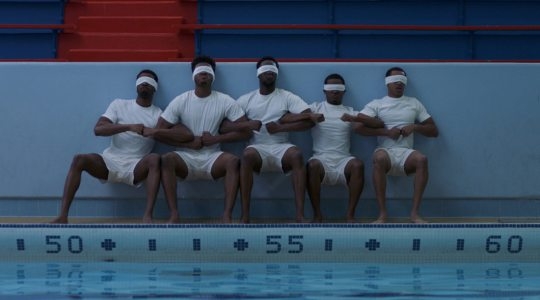 If you exist outside of the Greek world, and certainly if you attended a predominantly white university as a student of color, Greek life swirls around you.
If you exist outside of the Greek world, and certainly if you attended a predominantly white university as a student of color, Greek life swirls around you.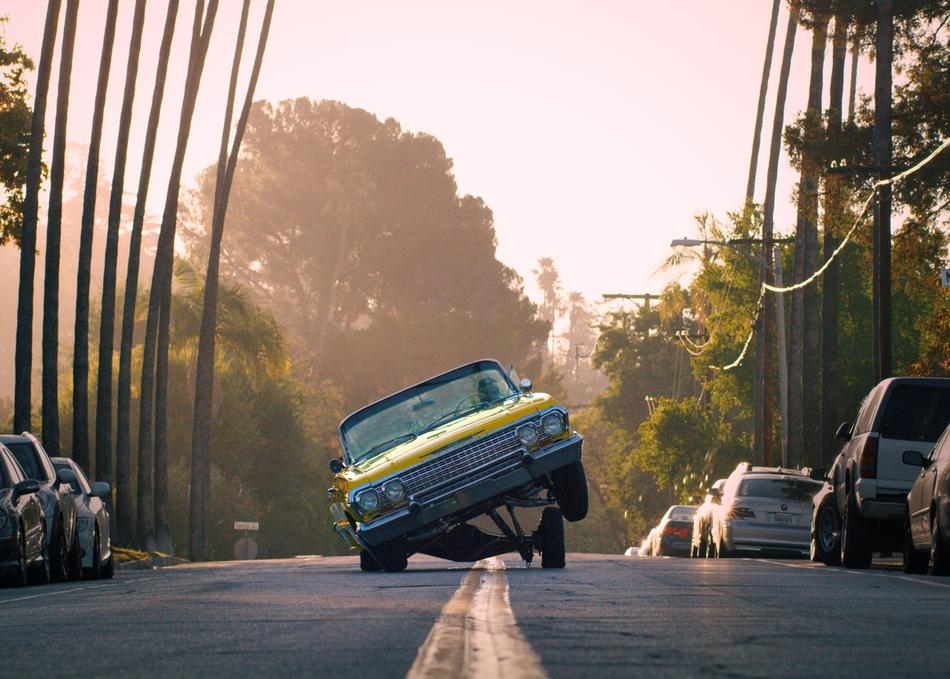 In the early ‘90s, hip-hop was spreading across the globe, while hip-hop artists from Los Angeles were putting their own significant stamp on the musical genre. N.W.A. was putting gangsta rap on the map, and Warren G, Snoop Dogg, and Nate Dogg were using elements from Motown, Funk, and R&B to create a new style of hip-hop, a style that would be later termed G-Funk.
In the early ‘90s, hip-hop was spreading across the globe, while hip-hop artists from Los Angeles were putting their own significant stamp on the musical genre. N.W.A. was putting gangsta rap on the map, and Warren G, Snoop Dogg, and Nate Dogg were using elements from Motown, Funk, and R&B to create a new style of hip-hop, a style that would be later termed G-Funk.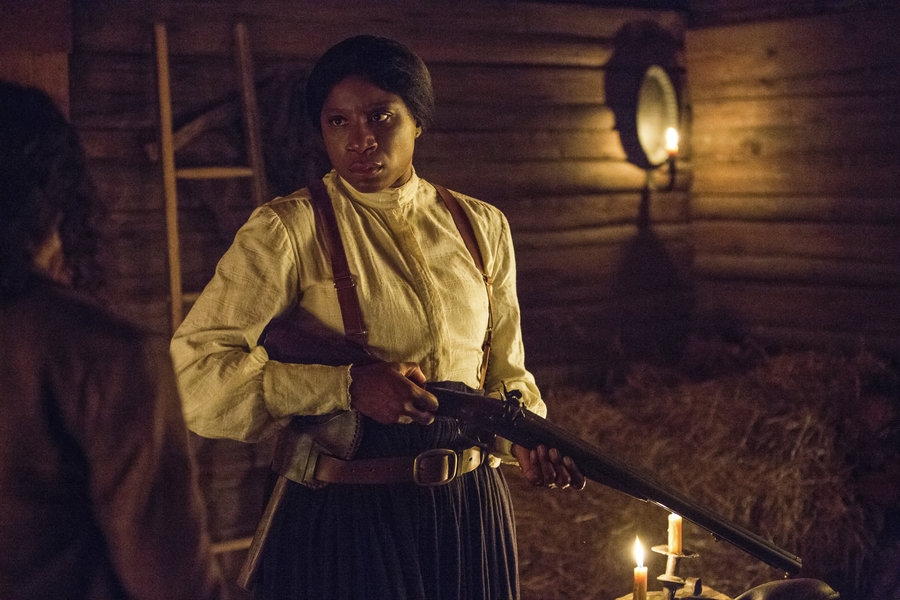 "Contraband," the first episode of the second season of Underground, opens with Beyoncé’s “Freedom” blaring as a roll of thunder awakens an enslaved man on the Fellow Plantation in 1858. The man arises before sundown, and we watch him toil all day, sculpting a statue before handing his money over to his Master at sundown. Soon, a montage of his workdays reveals what he's really up to, stealing news clippings from around the plantation to teach himself how to read. “Soldier” is the first word he learns.
"Contraband," the first episode of the second season of Underground, opens with Beyoncé’s “Freedom” blaring as a roll of thunder awakens an enslaved man on the Fellow Plantation in 1858. The man arises before sundown, and we watch him toil all day, sculpting a statue before handing his money over to his Master at sundown. Soon, a montage of his workdays reveals what he's really up to, stealing news clippings from around the plantation to teach himself how to read. “Soldier” is the first word he learns.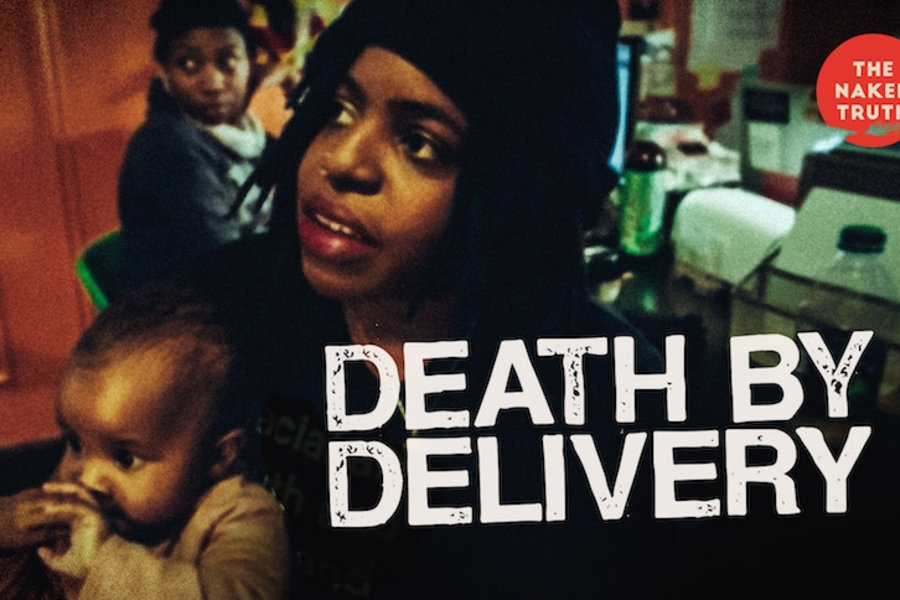 On February 1st, artist and entertainer Beyoncé Knowles announced her pregnancy with a grand Instagram post. Though her announcement and her subsequent performance at the Grammys was met with glee, excitement, and congratulations across the globe; white female writers at alarming rates attacked the Lemonade singer for expressing her joy over the impending birth of her twins.
On February 1st, artist and entertainer Beyoncé Knowles announced her pregnancy with a grand Instagram post. Though her announcement and her subsequent performance at the Grammys was met with glee, excitement, and congratulations across the globe; white female writers at alarming rates attacked the Lemonade singer for expressing her joy over the impending birth of her twins.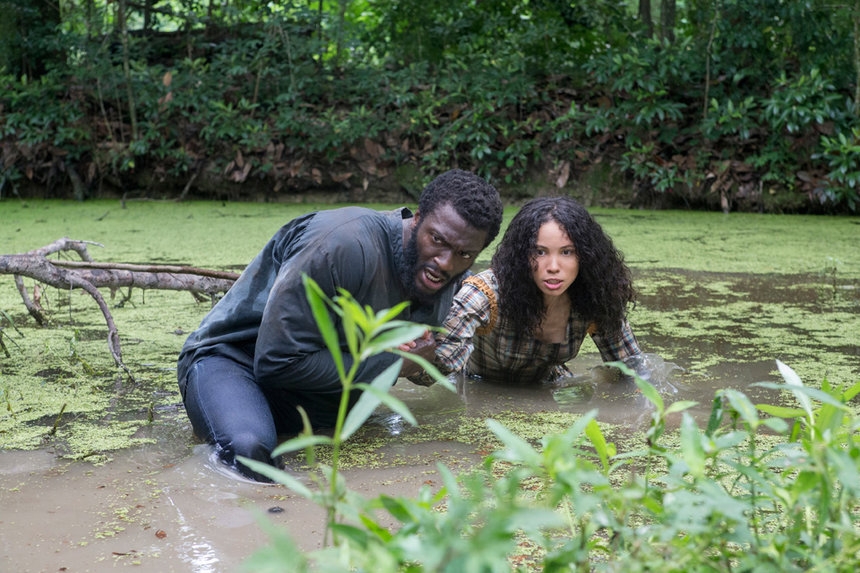 The first season of Underground opened in 1857 on the Macon Plantation in Georgia. The plantation’s Master, Tom Macon is in the midst of running for Senate while trying to manage his pregnant wife, Suzanna, their large cotton plantation and many slaves. In the twenty years that Tom has been the Master of the plantation, he hasn't had a single runway.
The first season of Underground opened in 1857 on the Macon Plantation in Georgia. The plantation’s Master, Tom Macon is in the midst of running for Senate while trying to manage his pregnant wife, Suzanna, their large cotton plantation and many slaves. In the twenty years that Tom has been the Master of the plantation, he hasn't had a single runway.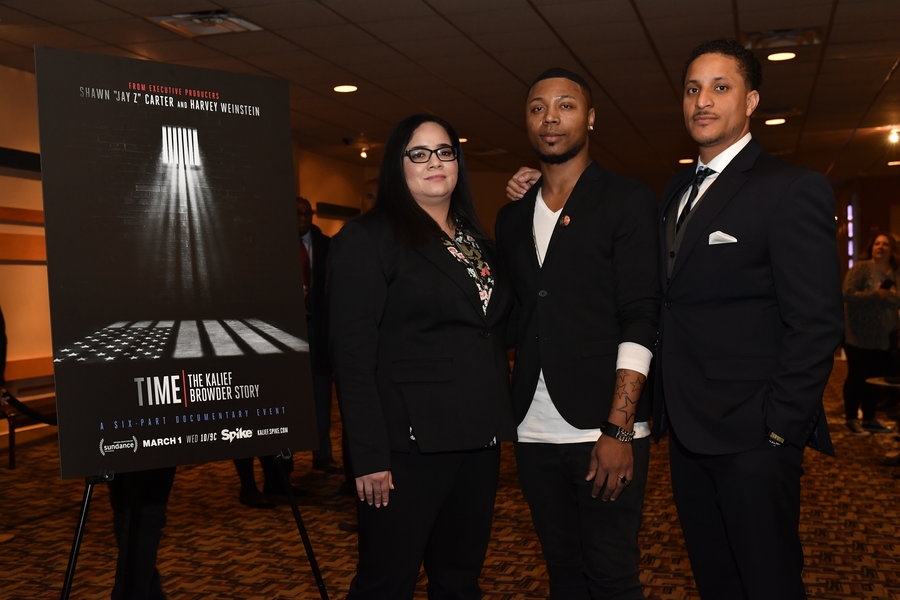 On May 15, 2010, sixteen-year-old Kalief Browder, a Bronx, New York resident was arrested while walking home from a party for allegedly stealing a backpack. Though he was never convicted of the crime, Browder would spend over the next one thousand days of his life locked away on Rikers Island, being beaten, starved and tortured. Browder spent eight hundred of those days in solitary confinement before he was finally released, with all charges dismissed, over three years later.
On May 15, 2010, sixteen-year-old Kalief Browder, a Bronx, New York resident was arrested while walking home from a party for allegedly stealing a backpack. Though he was never convicted of the crime, Browder would spend over the next one thousand days of his life locked away on Rikers Island, being beaten, starved and tortured. Browder spent eight hundred of those days in solitary confinement before he was finally released, with all charges dismissed, over three years later.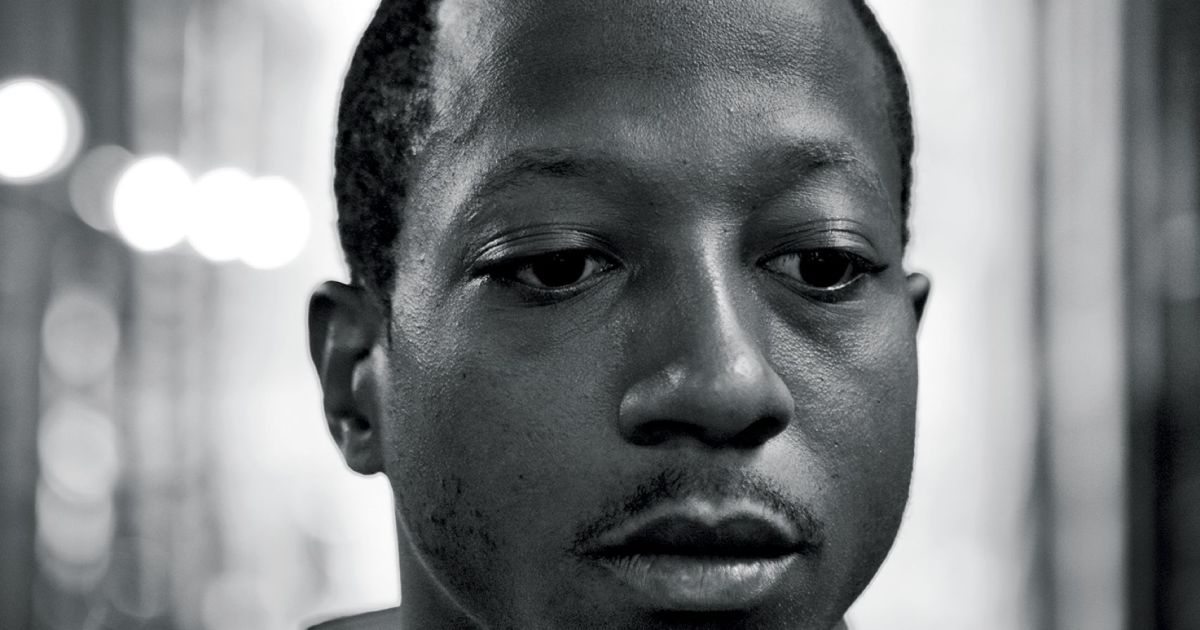 The justice system is failing us right now, and it has been for years. If we look at the world around us, the man who walks the halls of the White House and the policies that are reigning down on the citizens and residents of this country, it’s clear that laws are being made to keep us shackled and immobile for generations and centuries to come. We are all being crippled whether literally or morally. However, no group of people has been more devastated, cast aside and broken by the system than impoverished people of color. In her astounding Netflix documentary,
The justice system is failing us right now, and it has been for years. If we look at the world around us, the man who walks the halls of the White House and the policies that are reigning down on the citizens and residents of this country, it’s clear that laws are being made to keep us shackled and immobile for generations and centuries to come. We are all being crippled whether literally or morally. However, no group of people has been more devastated, cast aside and broken by the system than impoverished people of color. In her astounding Netflix documentary, 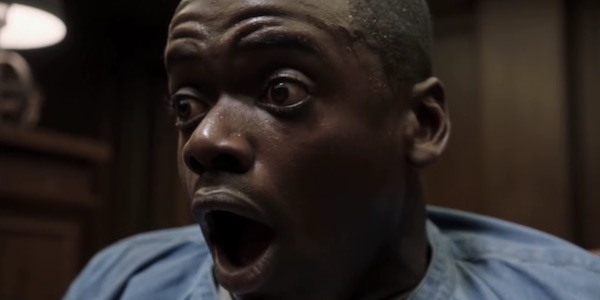 In a debate on the subject of being Black in America, James Baldwin once said, “To be a Negro in this country is really… never to be looked at. What white people see when they look at you is not visible. What they do see when they do look at you is what they have invested you with.” There is a choice among some white people, to stand in their apathy and ignorance, clinging on to stereotypes about other groups and races in order to continue to make themselves feel superior. What comes forth in the wake of this, are ideals that are entrenched in both bigotry and white privilege, which are so horrifying that they are often borderline amusing.
In a debate on the subject of being Black in America, James Baldwin once said, “To be a Negro in this country is really… never to be looked at. What white people see when they look at you is not visible. What they do see when they do look at you is what they have invested you with.” There is a choice among some white people, to stand in their apathy and ignorance, clinging on to stereotypes about other groups and races in order to continue to make themselves feel superior. What comes forth in the wake of this, are ideals that are entrenched in both bigotry and white privilege, which are so horrifying that they are often borderline amusing.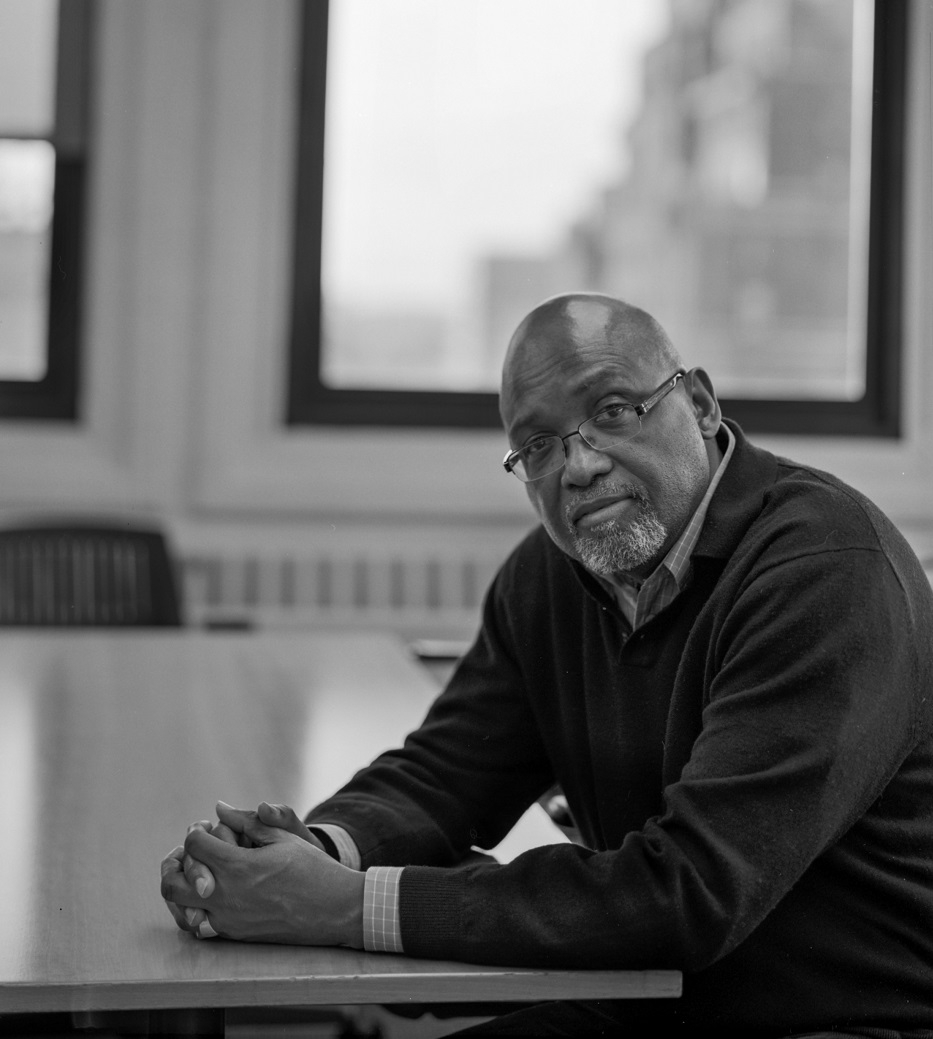 Since our journey began in this country, parents of Black and brown children have had very frank and often chilling conversations with their offspring about encounters and interactions with law enforcement. While many police officers honor their code; others wield their power by brutalizing, terrorizing, murdering and wreaking havoc throughout communities of color.
Since our journey began in this country, parents of Black and brown children have had very frank and often chilling conversations with their offspring about encounters and interactions with law enforcement. While many police officers honor their code; others wield their power by brutalizing, terrorizing, murdering and wreaking havoc throughout communities of color.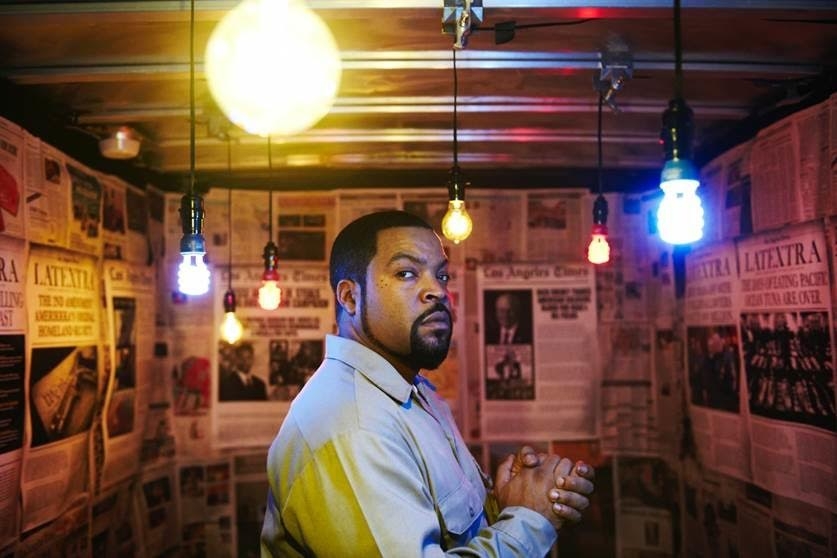 As much as Ice Cube has helped shape the fabric of hip-hop, the rapper, actor, and entrepreneur has also been a constant presence on the big screen since his feature film debut in John Singleton’s 1991 film, “Boyz n the Hood.” Starring in various film or television projects every year since then, Cube has formed a name for himself outside of gangsta rap, a position that few of his contemporaries have been able to obtain. With a new deal between Fox 21 TV Studios and his production company Cube Vision, Ice Cube has a ton on his plate. Recently, he took the time out to chat briefly with me and Shadow and Act about his upcoming film “Fist Fight,” working with top comedians and returning to the director’s chair in the future.
As much as Ice Cube has helped shape the fabric of hip-hop, the rapper, actor, and entrepreneur has also been a constant presence on the big screen since his feature film debut in John Singleton’s 1991 film, “Boyz n the Hood.” Starring in various film or television projects every year since then, Cube has formed a name for himself outside of gangsta rap, a position that few of his contemporaries have been able to obtain. With a new deal between Fox 21 TV Studios and his production company Cube Vision, Ice Cube has a ton on his plate. Recently, he took the time out to chat briefly with me and Shadow and Act about his upcoming film “Fist Fight,” working with top comedians and returning to the director’s chair in the future. There have been many films and documentaries about Anti-Apartheid leader and South African President Nelson Mandela’s expansive life. However with BET’s EPIC three-part miniseries, “Madiba,” viewers will finally get a comprehensive and personal story of the man who became a legend.
There have been many films and documentaries about Anti-Apartheid leader and South African President Nelson Mandela’s expansive life. However with BET’s EPIC three-part miniseries, “Madiba,” viewers will finally get a comprehensive and personal story of the man who became a legend.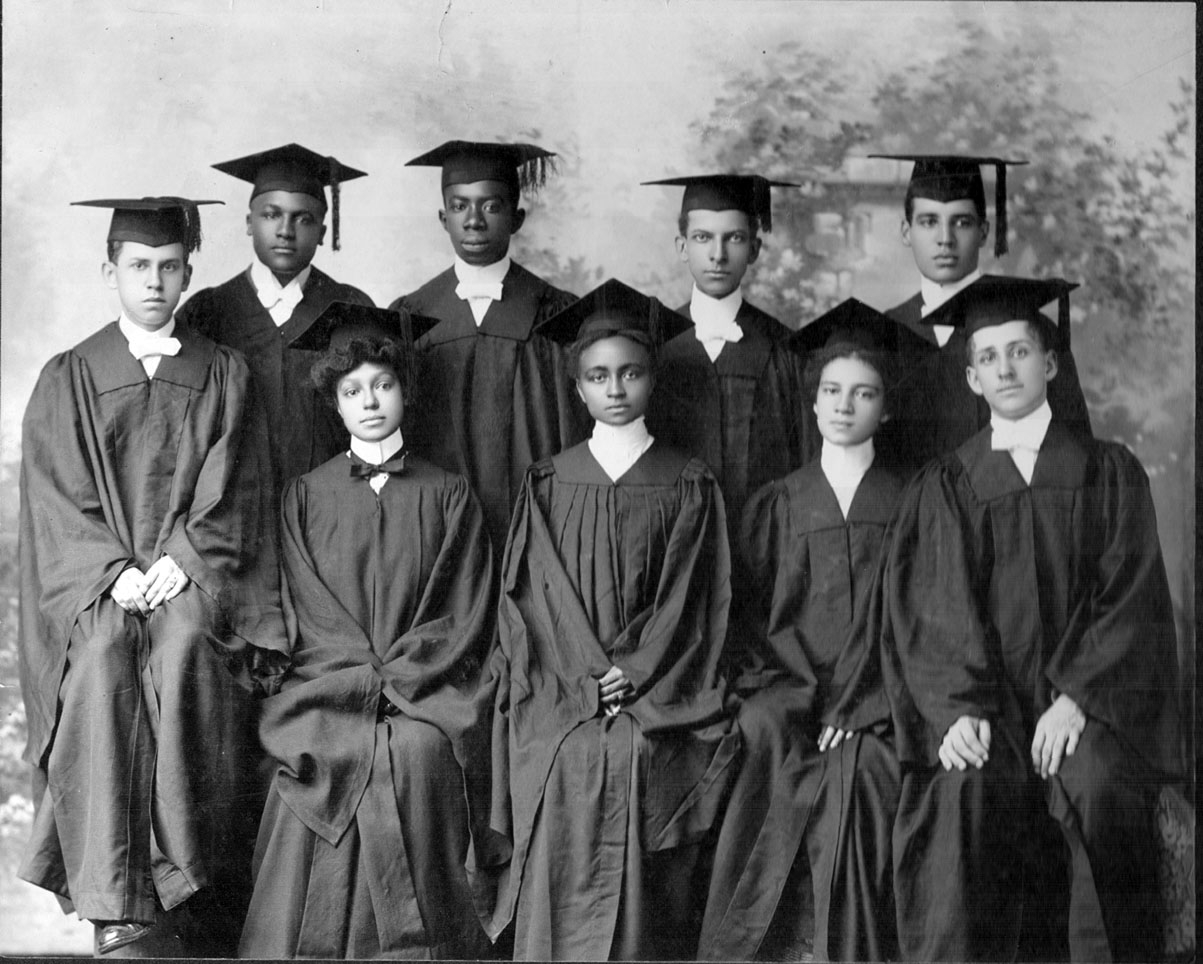 To this day, education is not an inherent right. The effects of segregation are still deeply steeped in the Black community, and unless there is careful nurturing within the family home or by some particularly devoted educators, many Black people in this country have found themselves severely under and uneducated. Despite the lack of resources that are devoted to many public schools particularly in impoverished communities; Black people have always desired the opportunity to learn more about not only themselves but also the world around them. After all, is that not education’s purpose?
To this day, education is not an inherent right. The effects of segregation are still deeply steeped in the Black community, and unless there is careful nurturing within the family home or by some particularly devoted educators, many Black people in this country have found themselves severely under and uneducated. Despite the lack of resources that are devoted to many public schools particularly in impoverished communities; Black people have always desired the opportunity to learn more about not only themselves but also the world around them. After all, is that not education’s purpose?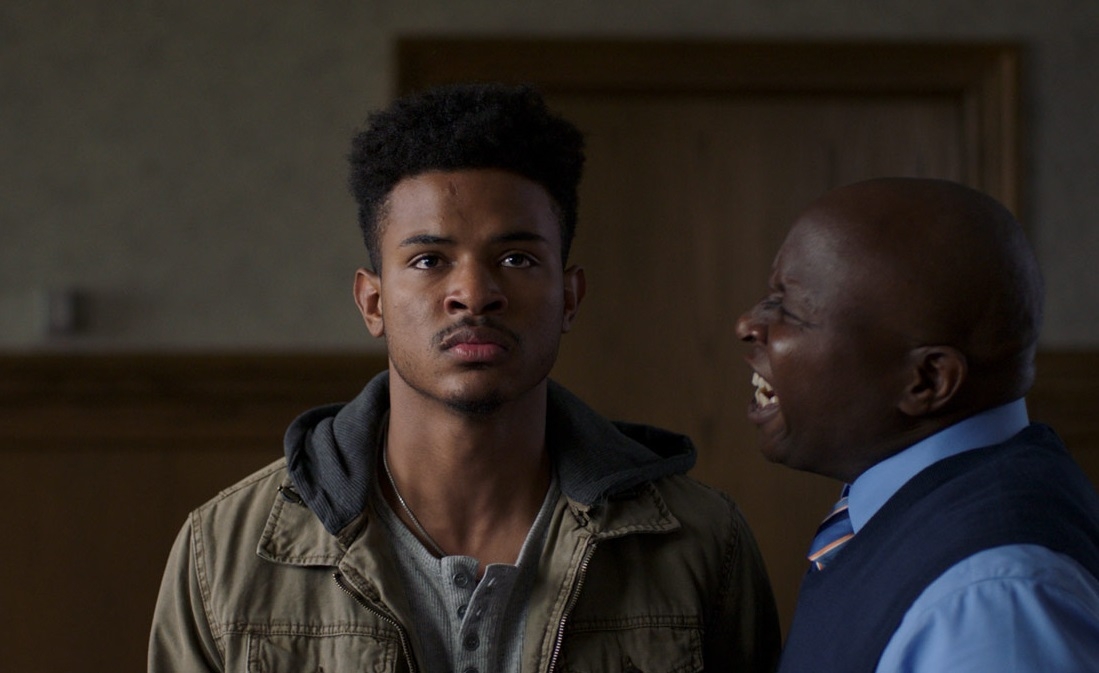 Fraternities and sororities at historically Black colleges and universes have had a significant impact not just on the students who are a part of them but on the Black community as a whole. In films like “Drumline” and “Stomp the Yard,” which are set on HBCU campuses, we often get a small glimpse into the sacred world of pledging, the focus of these film shining a light on other aspects of college life. Perhaps not since Spike Lee’s 1988 film “School Daze” has there been such a major focus on pledging Black frats and sororities and the hazing that often comes along with that.
Fraternities and sororities at historically Black colleges and universes have had a significant impact not just on the students who are a part of them but on the Black community as a whole. In films like “Drumline” and “Stomp the Yard,” which are set on HBCU campuses, we often get a small glimpse into the sacred world of pledging, the focus of these film shining a light on other aspects of college life. Perhaps not since Spike Lee’s 1988 film “School Daze” has there been such a major focus on pledging Black frats and sororities and the hazing that often comes along with that.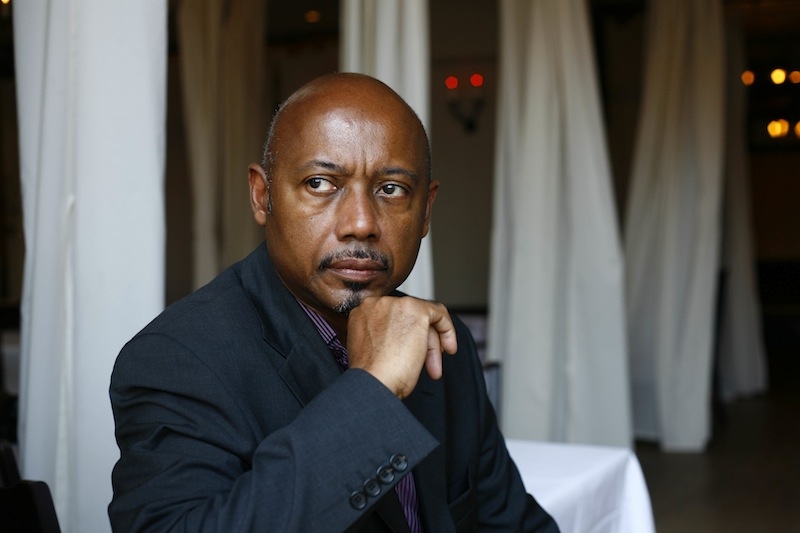 In his spellbinding and heartbreaking Academy Award nominated film, “I Am Not Your Negro,” Haitian filmmaker Raoul Peck examines the story that James Baldwin never finished writing. “Remember This House” was to be a sweeping narrative exploring the lives, journeys, and deaths of three pivotal men in our history; Medgar Evers, Malcolm X, and Martin Luther King Jr. An intricate and fascinating narrative, “I Am Not Your Negro,” gives us a view of both Baldwin and Peck’s journeys as Black men in America, encountering racism and violence.
In his spellbinding and heartbreaking Academy Award nominated film, “I Am Not Your Negro,” Haitian filmmaker Raoul Peck examines the story that James Baldwin never finished writing. “Remember This House” was to be a sweeping narrative exploring the lives, journeys, and deaths of three pivotal men in our history; Medgar Evers, Malcolm X, and Martin Luther King Jr. An intricate and fascinating narrative, “I Am Not Your Negro,” gives us a view of both Baldwin and Peck’s journeys as Black men in America, encountering racism and violence.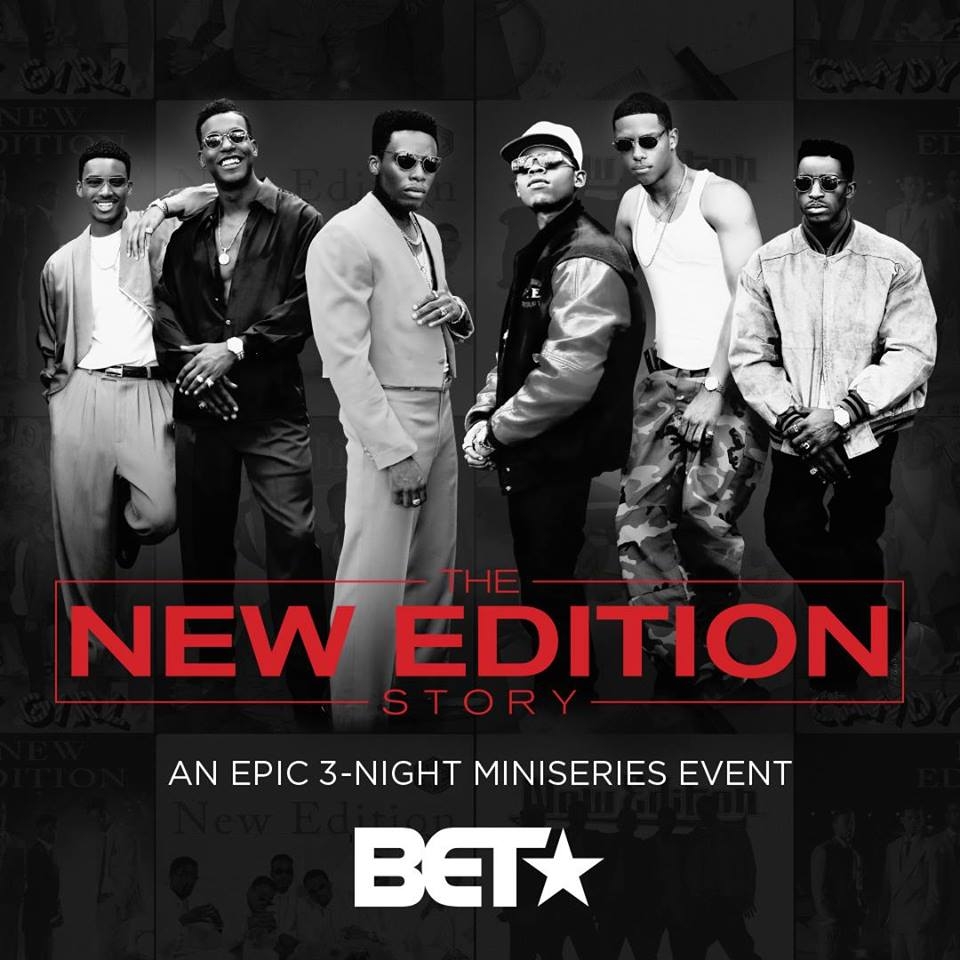 The iconic musical group that shattered records and broke down doors is finally getting a biopic that has been nearly thirty years in the making. BET‘s “The New Edition Story” follows the legendary R&B group from their 1978 humble beginnings in the Orchard Park Boston Projects through breakups, reunions and everything in between. With director Chris Robinson (ATL) and executive producer, Jesse Collins at the helm and with the rare blessing and backing of real-life New Edition members who served as consultants and co-producers on the film, “The New Edition Story” just might hit the nail right on the head. The multi-talented cast includes Bryshere Y. Gray as Michael Bivins, Elijah Kelley as Ricky Bell, singer-songwriter Luke James as Johnny Gill, Algee Smith as Ralph Tresvant, Keith Powers as Ronnie Devoe, and Woody McClain as Bobby Brown.
The iconic musical group that shattered records and broke down doors is finally getting a biopic that has been nearly thirty years in the making. BET‘s “The New Edition Story” follows the legendary R&B group from their 1978 humble beginnings in the Orchard Park Boston Projects through breakups, reunions and everything in between. With director Chris Robinson (ATL) and executive producer, Jesse Collins at the helm and with the rare blessing and backing of real-life New Edition members who served as consultants and co-producers on the film, “The New Edition Story” just might hit the nail right on the head. The multi-talented cast includes Bryshere Y. Gray as Michael Bivins, Elijah Kelley as Ricky Bell, singer-songwriter Luke James as Johnny Gill, Algee Smith as Ralph Tresvant, Keith Powers as Ronnie Devoe, and Woody McClain as Bobby Brown.
